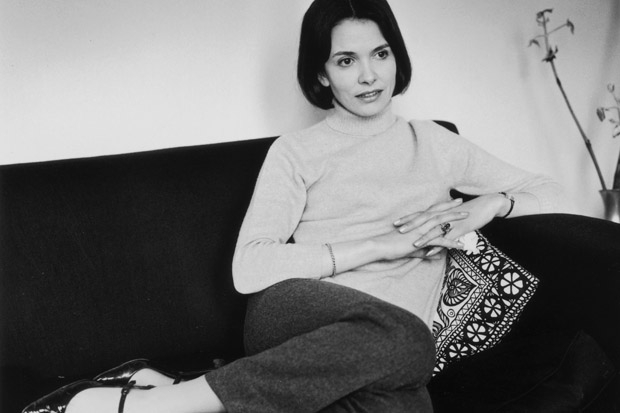I don’t know if this counts as name-dropping, but I recently interviewed a boyhood friend of Elvis Presley’s in Tupelo, Mississippi. The interview required a bit of patience, because his memories of the young Elvis appeared only intermittently amid a lengthy ramble through more or less anything that crossed his mind. But, as it turned out, it was also good preparation for reading Stop the Clocks.
Joan Bakewell published her autobiography in 2003 and this, as the subtitle suggests, is intended to be a far looser set of reflections. Nonetheless, it soon proves so loose as to present a reviewer with the kind of dilemma that could feature in the game Scruples: you’re sent a book by a much-loved national figure, now 82, which, if it were by almost anybody else, you’d be tempted to trash. What do you do now?
Well, you could start by saying that parts of it work just as the whole thing’s meant to: a neat mix, and occasionally perfect synthesis, of personal experience and social history.

Get Britain's best politics newsletters
Register to get The Spectator's insight and opinion straight to your inbox. You can then read two free articles each week.
Already a subscriber? Log in







Comments
Join the debate for just £1 a month
Be part of the conversation with other Spectator readers by getting your first three months for £3.
UNLOCK ACCESS Just £1 a monthAlready a subscriber? Log in